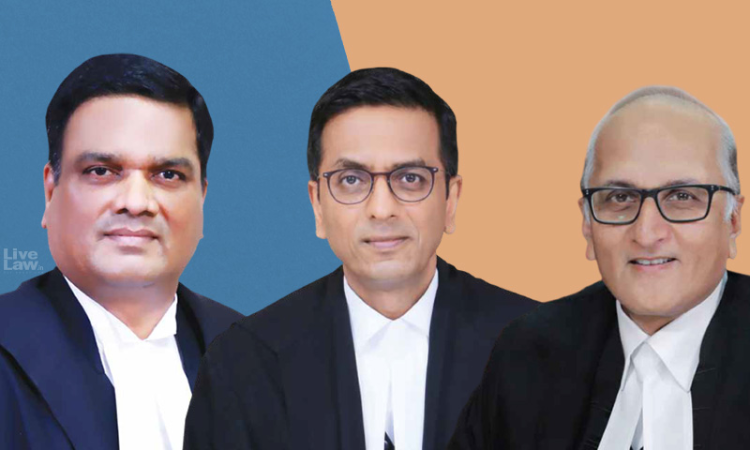Only In Indian Supreme Court Can One Come Against Procedural Direction At Interim Stage,Won't Happen In SCOTUS: SC
Mehal Jain
29 Jun 2021 9:32 PM IST

Next Story
29 Jun 2021 9:32 PM IST
"It is only in the Supreme Court of India that one can come against a procedural direction passed by a Single Judge at an interim stage. Such a thing would not happen in the US Supreme Court", remarked Justice D. Y. Chandrachud on Tuesday.This was in connection with the challenge to the view taken by a Delhi High Court Single Judge that a suit for trademark infringement between different wings...
